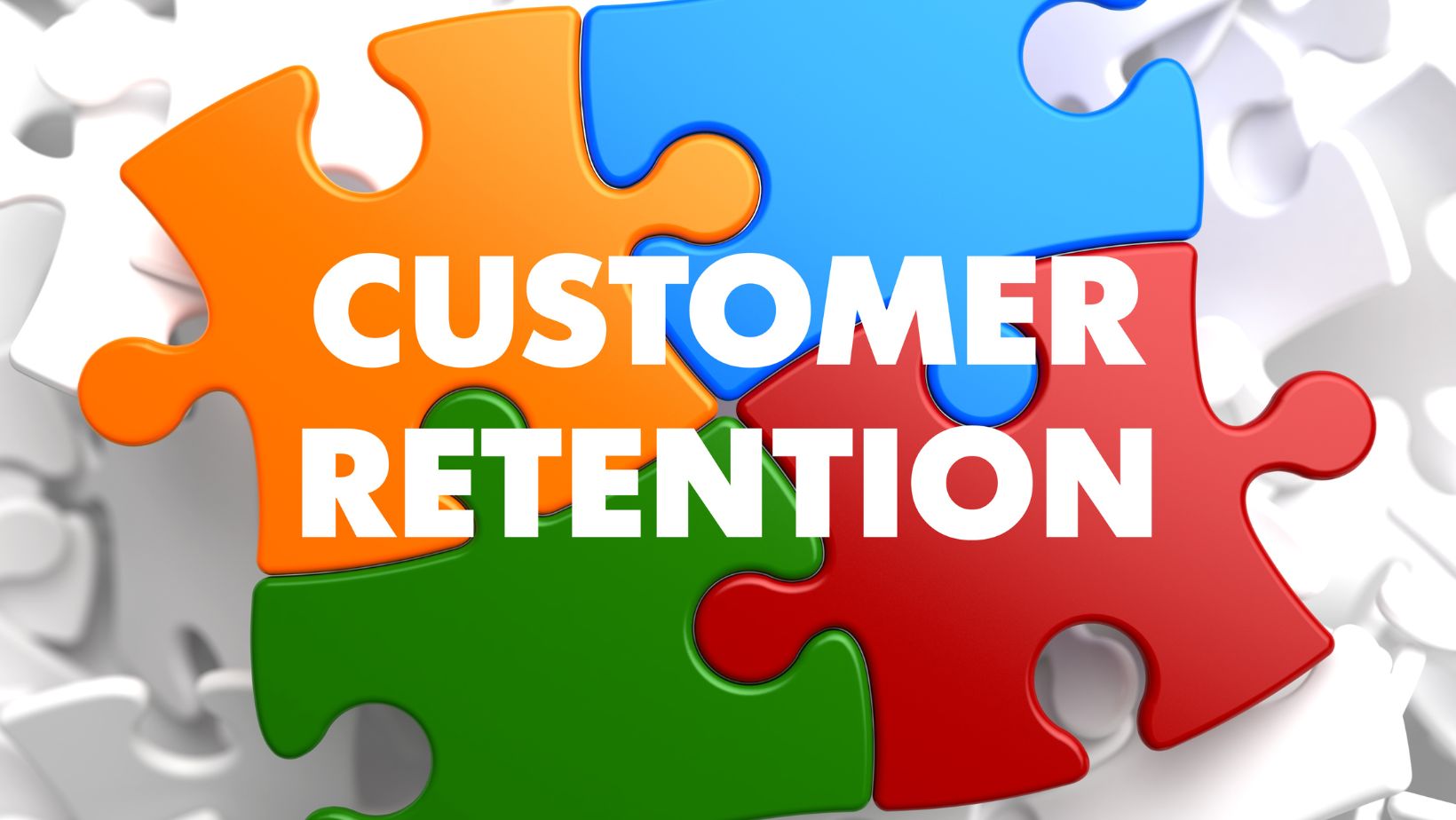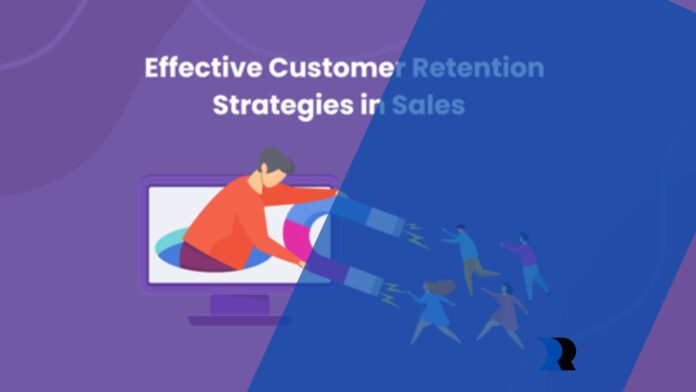Companies invest heavily in their sales force, arming them with persuasive pitches and compelling product knowledge, but Initial customer acquisition soars, and business seems to be booming. Yet, after the initial excitement fades, a disturbing trend emerges. Customers, once enthusiastic about the product or service, start trickling away. The churn rate rises, leaving the sales team scratching and wondering what went wrong. This is where Sales Training for employees can help, as it is focused on the art of acquiring customers and sometimes overlooks the equally vital aspect of customer retention.
In this blog, we’ll discuss what sales are, go over some effective strategies for better customer retention in sales, and learn how businesses can implement targeted methods to retain customers, thereby ensuring sustained growth and long-term success after discussing What is Sales.
What is Sales?
Fundamentally, sales is the skill of persuading people or organisations to purchase goods or services that a company is offering. It is an essential part of any business endeavour, acting as the engine for increasing income and expanding the company. Fundamentally, sales are about developing relationships, comprehending client demands, and offering customised solutions rather than just closing deals.
Sales professionals, often known as sales representatives or salespersons, connect with prospective clients in a dynamic process of communication and negotiation. These encounters are intended to uncover client requirements, resolve concerns, and illustrate how a certain product or service may successfully meet those needs.
Understanding the customer’s viewpoint, empathising with their issues, and giving solutions that actually add value to their lives or enterprises are the foundations of successful sales techniques.
Definition of Customer Retention
The art and science of persuading current clients to keep purchasing goods or services from a company is known as customer retention. It’s about establishing long-lasting partnerships, not just avoiding attrition.

Not only are retained customers more likely to become devoted brand ambassadors, but they also make a substantial financial contribution to a business. The goal of retention tactics is to maintain customer satisfaction by making sure they see continued value in their association with the business.
Effective Customer Retention Strategies
Providing Exceptional Customer Service
Customer retention is built on exceptional customer service. Customers who return to businesses that prioritise customer satisfaction have a favourable experience. Prompt replies to questions, rapid problem resolution, and personalised help may all improve the customer experience greatly. Sales professionals should not only sell products but also prioritise providing exceptional service that makes clients feel valued and appreciated.
Personalisation and Customisation in Sales
In terms of customer retention, one-size-fits-all strategies are rarely effective. Customising interactions, goods, and services to each unique customer’s requirements and preferences is known as personalisation.

Businesses can provide unique deals based on consumer interests, promote items based on past purchases, and develop personalised marketing messages by using customer data. This degree of personalisation strengthens consumer loyalty by creating a feeling of community.
Building Long-lasting Relationships through Communication
Effective communication is essential in every successful connection, including the customer-business relationship. Regular contact, beyond sales pitches, aids in the retention of clients.
Newsletters, personalised emails, and social media participation are examples of this. Furthermore, soliciting and acting on customer feedback reveals that the company appreciates their thoughts, strengthening the link and improving the chance of retention.
Leveraging Technology for Customer Retention
Using customer relationship management (CRM) software, companies may keep tabs on past transactions, preferences, and interactions.
Customers can receive updates, offers, and personalised messaging through automated email marketing campaigns. Customers may interact with brands conveniently through mobile applications and loyalty programmes, which also offer benefits and promote brand loyalty.
Importance of Feedback and Customer Surveys
For organisations looking to boost client retention, feedback is a vital resource. Customer surveys and feedback forms help organisations understand their customers’ levels of satisfaction, identify areas for development, and assess the efficiency of retention initiatives.
Analysing feedback data yields meaningful insights, allowing companies to modify their tactics, solve problems, and improve customer experiences, eventually increasing retention rates.
Conclusion
As we conclude this discussion, we urge companies of all sizes to apply these realisations. Integrate compassionate sales training into the ethos of your company. Make your encounters with customers unique. Accept technology to facilitate meaningful connections and commerce.


